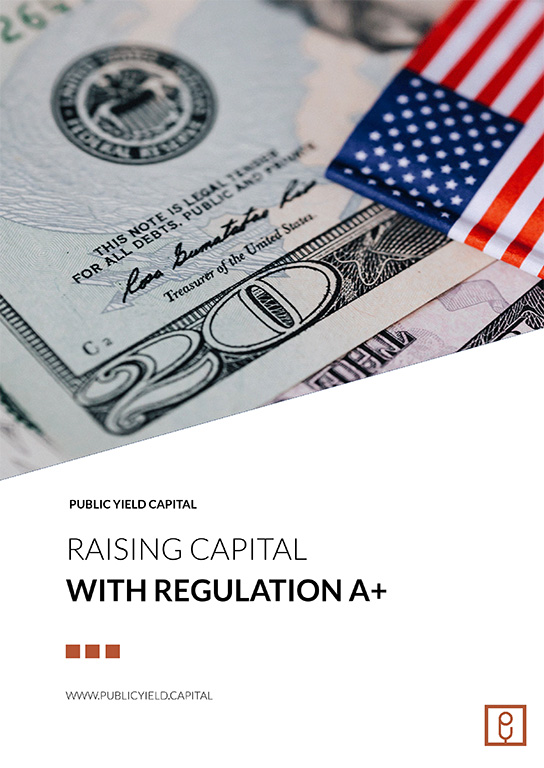
Regulation A+ has emerged as a game-changer in the realm of capital raising, offering startups and mid-stage companies the choice between traditional venture capital (VC) and this innovative fundraising avenue. In many instances, Regulation A+ is outshining VC. Here’s why companies are increasingly favoring Regulation A+:
1. Seizing Control of Your Company’s Destiny
Regulation A+ empowers CEOs to steer their company’s destiny with a firm grip. Unlike VC, where control often shifts to investors, Reg A+ allows CEOs to make critical decisions regarding listing preferences and board governance, all while retaining control of their business. This autonomy, however, comes with the inherent risk of an offering’s success, as there are no guarantees in the world of fundraising.
2. Early and Cost-Effective IPOs
Regulation A+ offers an enticing avenue for companies to achieve early-stage IPOs, a feat unattainable through traditional venture capital. The flexibility to market your company without the constraints of a traditional S-1 IPO Quiet Period is a major advantage. In fact, Reg A+ allows you to raise capital for an IPO on major exchanges like NASDAQ or NYSE, while also providing a fallback plan if the minimum capital raise isn’t met. This advantage surpasses that of an S-1 IPO.
3. Location Agnosticism
Unlike venture capital, which typically gravitates toward established hubs, Reg A+ welcomes companies from diverse geographical locations within Canada and the U.S. This access to merit-based capital without location constraints is a significant boon for innovative businesses and talented entrepreneurs who might not be situated near VC hubs.
4. Customer Traction and Credibility
For consumer-centric companies, the Reg A+ marketing process, involving thousands of investors, contributes to brand reputation and customer satisfaction. The alignment between shareholders and customers is a phenomenon rarely seen with VC-funded companies.
5. Valuation Flexibility
Reg A+ offerings are far less dilutive for founders compared to VC rounds. The ability to enhance your company’s share price and valuation during a Reg A+ offering grants the flexibility to undertake a more substantial capital raise than originally planned, all while managing dilution effectively.
6. Ideal for Mid-Stage Companies
Most mid-stage companies are too advanced for VC and too small for private equity firms. Regulation A+ offers an attractive alternative for mid-stage businesses, providing a cost-effective route to growth capital and liquidity, especially for companies valued at $75 million with a strong growth trajectory.
7. Mitigating VC Influence
VCs sometimes exhibit a propensity to replace CEOs. Many founders prefer to safeguard their strategic roles. With Reg A+, founders can maintain control of their company.
8. Investor Liquidity
In Reg A+ offerings, investors can sell their shares immediately after purchase, even without an IPO. This liquidity is far more appealing than locked-up shares, providing early-stage liquidity for investors and founders alike.
Regulation A+ has leveled the playing field, offering entrepreneurs merit-based access to capital in a cost-effective and flexible manner. It’s not a one-size-fits-all solution, but for the right companies, Reg A+ is proving superior to traditional venture capital. This innovative regulation is closing gaps in capital formation that VC wasn’t effectively addressing, making it more efficient for small and mid-stage businesses to raise growth capital. As a result, venture capital is facing pressure from alternative options, and entrepreneurs now have an array of appealing choices at their disposal.



